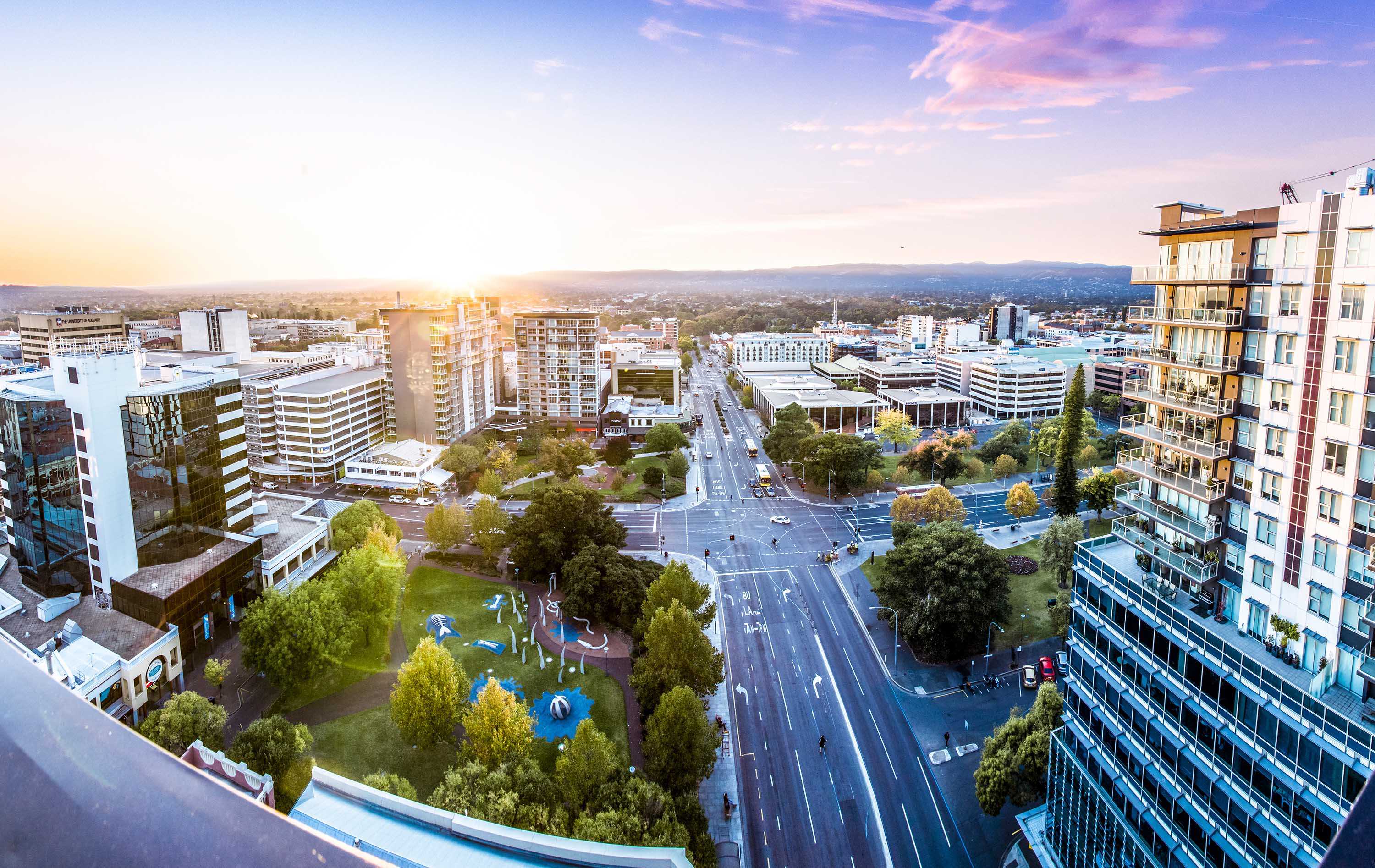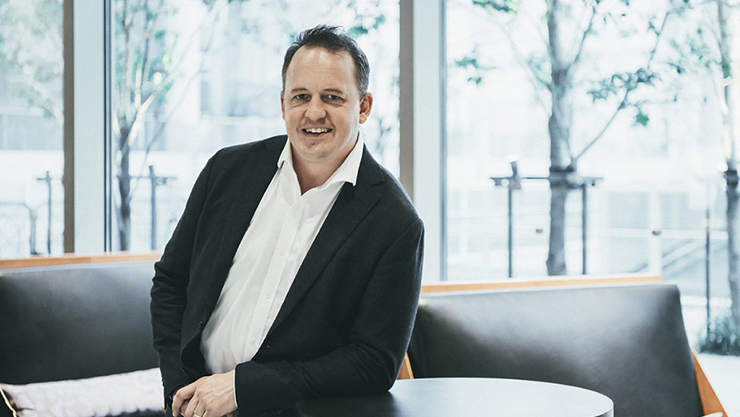Meet Bill Rebula, Geelong Prostate Cancer Support Group Convenor. Bill has been a vital part of the support group for many years, giving back to men in the local community impacted by prostate cancer.
1. How long have you been involved with the Geelong Prostate Cancer Support Group?
My association with the Geelong Prostate Support Group (GPSG) dates back to 2005 when I was diagnosed with prostate cancer at the young age of 50. Being so young, I did not what to leave any stone unturned in dealing with what might lie ahead.
2. Tell us about your personal experience with prostate cancer?
My father died from an aggressive prostate cancer nine years prior to my diagnosis. I realised at the time that the risk of me also getting prostate cancer was higher than the average male. I soon learnt that I needed to be tested on a regular basis. My yearly PSA test in 2005 detected a sudden spike in my PSA reading. I had no symptoms and the digital rectal examination was normal. My insistence to be further examined led to a biopsy and eventual prostatectomy.
It was five months before some normality returned to my life. It was during this time that I joined the Geelong Prostate Support Group to empower myself and gain knowledge about the disease and how best to deal with it.
3. What’s the biggest challenge you faced after your diagnosis, and how did you navigate it?
There were a number of complications with the operation which resulted in a five week stay in hospital. I had to deal with a severe infection where I had been operated on and a very rare blood disorder, which I attributed to the blood transfusion that I was given during the operation. I think I was lucky to have had a urologist who was able to successfully tackle all the complications that I endured. At the time, I wondered whether those complication would lead to incontinence issues down the track. Fortunately, to date they have not!
4. How has the Geelong Prostate Cancer Support Group made a difference in your life?
Attending meetings and speaking with other members of the Support Group opened my eyes on the effects of prostate cancer and the various treatment options. I was interested in the different approaches that members of the Support Group were undertaking in dealing with their disease. Thanks to information I received from the group, I ended up seeing a doctor who “thought outside the square”. I also adjusted my diet to a healthier one.
5. What motivates you to give back?
Soon after joining the Support group, I was invited to join the inaugural PCFA ambassador program, which I was glad to participate in. I considered myself lucky to have been diagnosed early in my journey with prostate cancer. Seventeen years later, I still have an undetectable PSA reading, and attribute the success to the early diagnosis of the cancer. Because of what dad had to endure during his illness, I knew I needed to be tested on a regular basis and considers myself lucky that I persisted and worked closely with my GP to act quickly. I wondered how many men are not aware of this requirement to be tested and to understand what to look for in the PSA readings. Through my good fortune, I felt that I needed to give back to the community, to spread the word on being aware of prostate cancer and the need to be tested. The ambassador program enabled me to fulfil this need, to reach out and make men aware in his community.
6. What’s your top piece of advice on how to run a successful Support Group?
My organisational skills and work ethic encouraged me to get more and more involved in the running of the GPSG. I am now the convenor of the Group and one of the eight facilitators. I would attribute the success of the GPSG to the Facilitator Team which shares the load in the running of the Support Group. Each of the facilitators have individual skills and talents which when combined, ensures a vibrant and successful Support Group. The continual positive feedback the facilitators receive from the members tells them that they are on the right path.
7. In your spare time, what do you enjoy doing?
I’m self-employed, so I have a fair bit or flexibility on how I spend my time. Being an engineer, I do love delving in the technical aspects of the financial markets. My other two main interests are in gardening and use of computer graphics which enable me to “play” with photography and home-made movies.
8. Any plans for 2022?
The Facilitator Team within the Support Group meet a week prior to each monthly meeting where they plan and review the Support Group’s program and how best to address the needs of the members. The facilitators aim to have guest speakers to at least 75% of the Support Group meetings. Guest speakers focus on topics relevant to the prostate. This attracts members to the meetings. This year, the Support Group has already scheduled speakers covering topics relating to incontinence, stereotactic radiation treatment and emerging developments in PSA testing. By coming to the meetings, the members realise that there is a great deal more to be gained – namely laughter, information and friendships. The Support Group maintains active contact with local urologists, hospitals, medical centres and the local prostate nurses. Pamphlets/brochures are up-dated regularly and delivered to these establishments, encouraging them to send their patients to the Support Group.
I’m also supported by my wife Rosa who helps with the meeting morning coffee breaks as well as joining with other partners in attending the Support Group meetings and the quarterly Partners’ morning coffee get-togethers.








